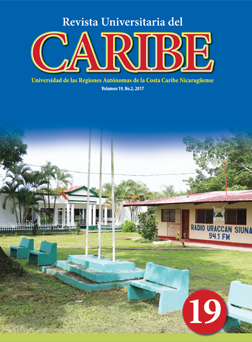Directrices del acuerdo ALBA en la Empresa Grannacional en el contexto de ALBA como herramienta promotora del Efecto Multiplicador
Resumen
Una de las formas de Integración en América Latina y el Caribe ha sido la manera de cooperar que se imprime en estos acuerdos que históricamente ha desarrollado la República Bolivariana de Venezuela y la de Nicaragua en el marco de los acuerdos energéticos, desde la premisa de generar espacios de beneficios para ambas naciones, y de esta manera alcanzar el uso de los grande propósitos que todo país anhela, tales como crecimiento económico, industrialización y economía diversificada de una forma justa y sostenida. La construcción de una empresa Grannancional ha sido el gran desafío que sostiene el acuerdo, cuyo objetivo que se presenta en esta investigación consiste en coordinar directrices del acuerdo ALBA en la empresa Grannacional entre la República Bolivariana de Venezuela y la de Nicaragua en el contexto de ALBA como herramienta promotora del efecto multiplicador en distintos sectores de producción. Esta investigación de tipo documental-descriptivo, el diseño bibliográfico y las fases utilizadas fueron descriptivo, analítico, interpretativo y constructivo.
Se concluye que las asimetrías económicas han constituido el desafío más complejo de América Latina, pero la integración es una estrategia que a través del comercio con las consiguientes ventajas comparativas y competitivas ha permitido incrementar el crecimiento económico.






